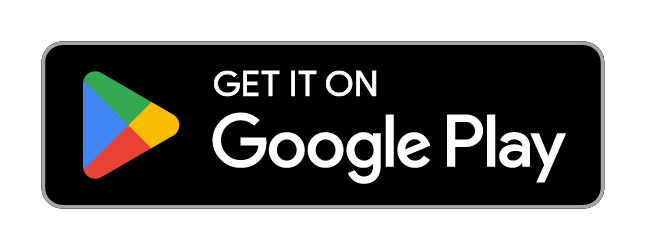What is BIGO Live Carrier Billing and How It Works
Definition and Basic Process
Here’s the deal with carrier billing – it’s basically charging your Diamond purchases straight to your phone bill instead of fumbling around with credit cards or bank details. Pretty neat, right? The system hooks up with mobile operators through secure APIs, checking your account status and credit limits while you’re making the purchase.
When you check your mobile bill later, these transactions show up as premium service charges. Nothing mysterious about it. The whole process usually wraps up in 30-60 seconds for most carriers, with charges getting processed through billing aggregators who’ve got relationships with hundreds of operators worldwide.
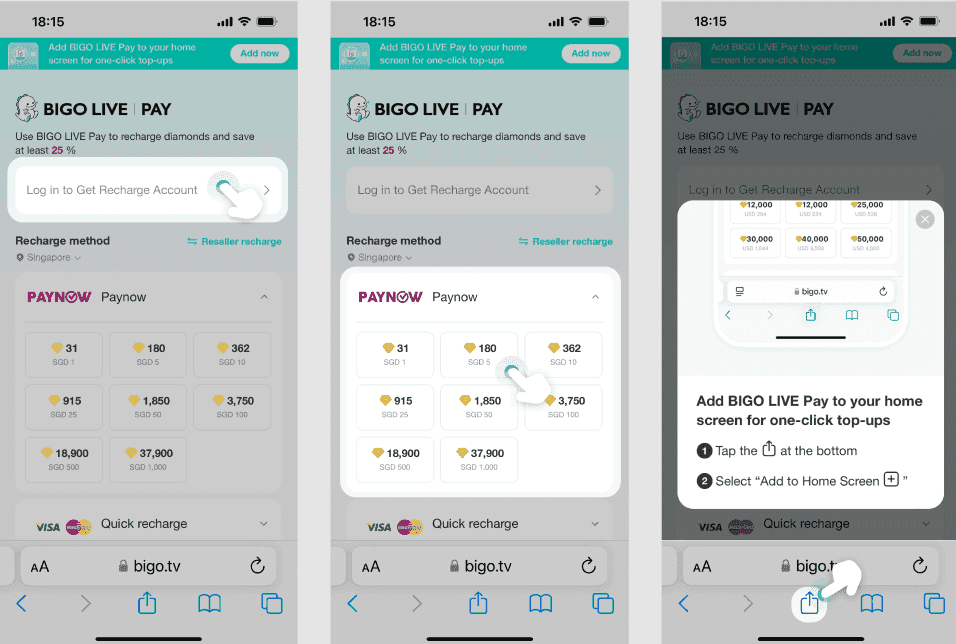
Now, if you want enhanced security and actually competitive rates, carrier billing BIGO top up through BitTopup offers instant delivery with 24/7 customer support. Their pricing beats standard carrier billing fees by a decent margin – something worth considering if you’re planning regular purchases.
Integration Types
BIGO Live supports three different carrier billing methods, and honestly, the experience varies quite a bit:
Direct Carrier Billing (DCB): One-click payments through carrier systems
Premium SMS: Text message confirmation with account charges
WAP Billing: Browser-based payments via carrier portals
DCB gives you the smoothest ride, but it needs advanced operator infrastructure that not everyone has. SMS billing works with older systems – though you’ll be tapping through multiple confirmation steps. WAP billing? It’s functional but feels a bit clunky in 2025.
BIGO Live Carrier Billing Fee Structure
Base Charges and Operator Fees
Let’s talk about the elephant in the room – those fees. Carrier billing tacks on operator processing fees ranging from 15-40% beyond the actual Diamond package prices. So that $10 purchase? You’re looking at $12-14 total because of those $2-4 operator fees.
Premium carriers in developed markets typically charge lower percentages but hit you with higher minimum fees. Then there are the extras nobody mentions upfront: VAT/GST (10-25% in many places), monthly service fees, and currency conversion charges. These hidden costs pile up fast for frequent purchasers.
Honestly? If you’re buying Diamonds regularly, carrier billing becomes pretty expensive compared to direct payment methods.
Regional Fee Variations
The fee structure changes dramatically depending on where you are:
Low-Fee Markets (10-20% total fees): US, Canada, UK, Germany, Australia Medium-Fee Markets (20-30% total fees): France, Italy, Japan, South Korea, Singapore
High-Fee Markets (30-40%+ total fees): Emerging Southeast Asia, Latin America, smaller regional carriers
These variations reflect market conditions, regulatory environments, and how much operators need to invest in infrastructure. Not exactly fair, but that’s how the system works.
Country Availability and Supported Carriers
Global Coverage
BIGO Live carrier billing spans 60+ countries, hitting major markets like the United States, United Kingdom, Germany, France, Italy, Spain, Canada, Australia, Japan, and South Korea. Most EU member states are covered too.
But here’s where it gets tricky – regulatory restrictions limit availability in quite a few European countries: Austria, Belgium, Bulgaria, Cyprus, Czech Republic, Denmark, Estonia, Finland, Greece, Croatia, Hungary, Ireland, Lithuania, Luxembourg, Latvia, Malta, Netherlands, Poland, Portugal, Romania, Sweden, Slovenia, and Slovakia for specific services. (Yeah, that’s a long list.)
Major partnerships include the big names: Verizon, AT&T, T-Mobile in the US; Vodafone, Orange, Telefónica, Deutsche Telekom across Europe; NTT Docomo, SoftBank, KT Corporation in Asia. Each partnership comes with its own technical requirements that affect your experience and pricing.
Setting Up Carrier Billing on BIGO Live
Account Requirements and Setup
Your mobile account needs to be in good standing – that means decent payment history for postpaid or sufficient balance for prepaid. Some operators want age verification (18+) through SMS or documentation. Business accounts might face additional restrictions.
Here’s the setup process:
Open BIGO Live → Me → Wallet → **Recharge
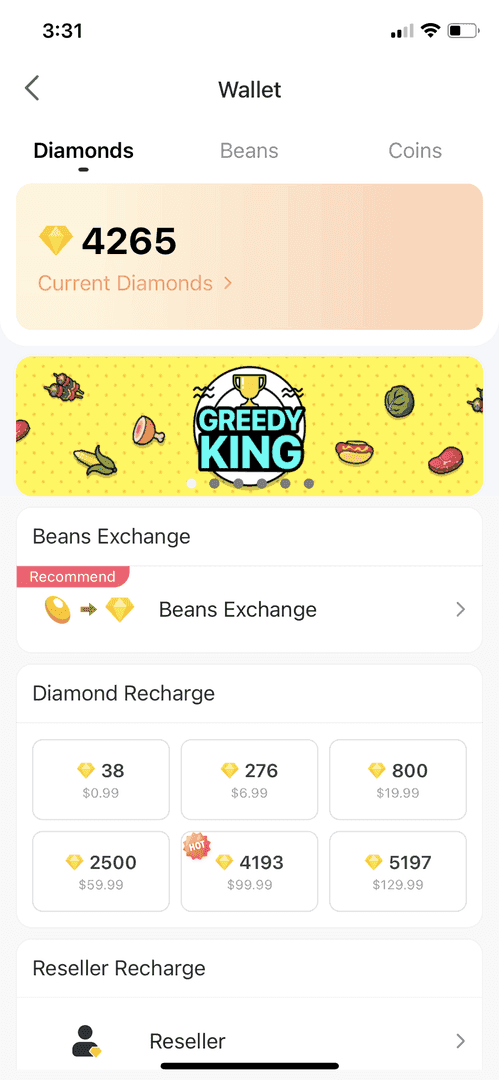
2. Select your Diamond package and choose Carrier Billing** as payment method 3. Enter your mobile number and confirm the total charges (including those fees we talked about) 4. Complete SMS/call verification and carrier authorization
For a more streamlined experience with better security, mobile billing BIGO diamonds through BitTopup provides instant delivery with comprehensive transaction protection. Their pricing is competitive too.
Verification usually completes within minutes. First-time users might wait a bit longer, and failed attempts could temporarily restrict your access.
Carrier Billing vs Other Payment Methods
Cost and Convenience Analysis
Credit cards remain the most economical option for larger purchases, while carrier billing shines for users without traditional payment methods. PayPal and digital wallets sit somewhere in the middle cost-wise.
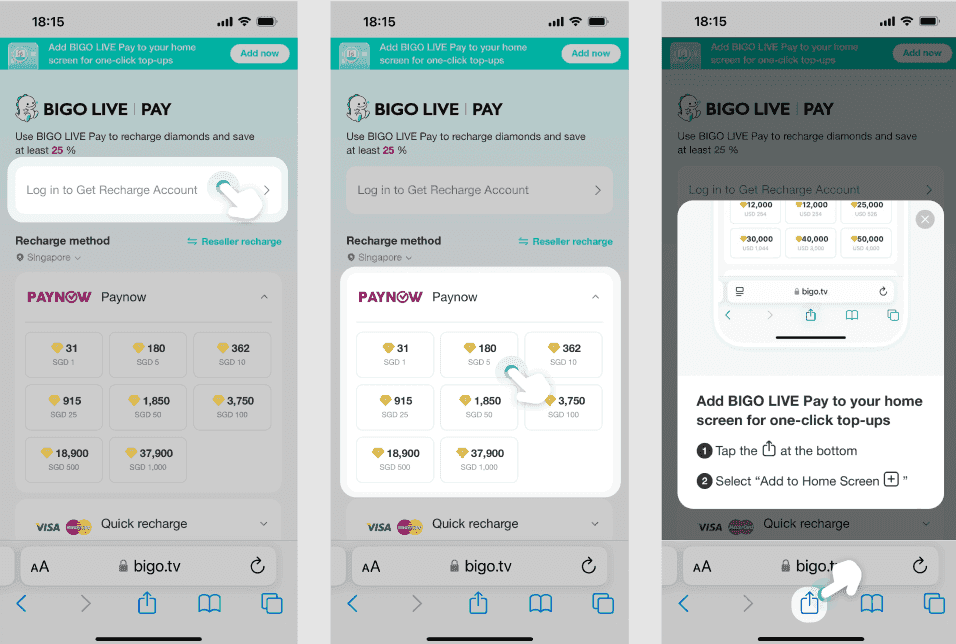
The real appeal of carrier billing? One-click convenience without entering card details. Perfect for those impulse purchases during live streams when you want to support your favorite creator immediately. Transaction speed is typically 30-60 seconds, though some operators throw in extra confirmation steps that extend processing time.
Security-wise, you get mobile network authentication and operator fraud monitoring, which reduces risks from stolen credentials. The downside? Limited chargeback protection compared to credit cards means dispute resolution goes through carrier customer service – and that can be… an experience.
When Carrier Billing is Worth Using
Optimal Use Cases and Cost Analysis
Best scenarios for carrier billing:
You don’t have credit cards or bank accounts
Small purchases under $20 where convenience outweighs fees
Occasional Diamond buying – maybe $5-10 monthly
Let’s break down the costs:
$5-10 monthly spending: $1-2 additional fees – convenience probably justified
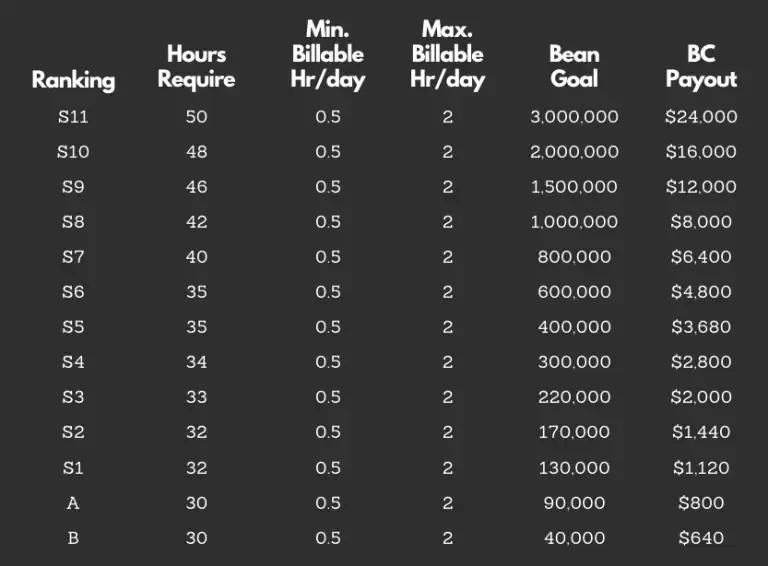
$30-50 monthly spending: $6-15 in fees – mixed payment strategy makes sense
$100+ monthly spending: $30+ in fees – credit cards will save you serious money
Heavy users should reserve carrier billing for emergency situations or pure convenience, relying on credit cards or official website purchases for planned larger buys. The math just works out better that way.
Common Issues and Troubleshooting
Failed Transactions and Disputes
Payment failures usually come down to insufficient credit or spending limits. Prepaid users should verify their balance; postpaid users might’ve hit monthly caps. Network connectivity issues can interrupt verification – try switching between Wi-Fi and mobile data, or clear your app cache.
Billing disputes require contacting both your mobile operator and BIGO Live support. Gather your transaction details (time, amount, confirmations) and contact feedback@bigo.tv with your Bigo ID for investigation.
Fair warning: BIGO Live maintains a strict no-refund policy except for documented unauthorized transactions.
Account suspensions typically result from suspected fraud or unusual spending patterns. Contact your carrier’s premium services department to verify status and resolve restrictions. It’s usually fixable, just takes some patience.
Security and Safety Measures
Protection and Best Practices
BIGO Live implements real-time fraud monitoring that analyzes transaction patterns, user behavior, and device characteristics. Mobile operators add SIM card authentication and network-level verification for multi-layered security.
Safety practices worth following:
Monitor your mobile bills monthly for legitimate charges
Set carrier spending limits for premium services
Enable account security features and use strong passwords
Avoid public Wi-Fi for carrier billing transactions
Set personal entertainment spending budgets (trust me on this one)
Most carriers offer online account management with premium service categorization and monthly spending reports. Great for tracking where your money’s going.
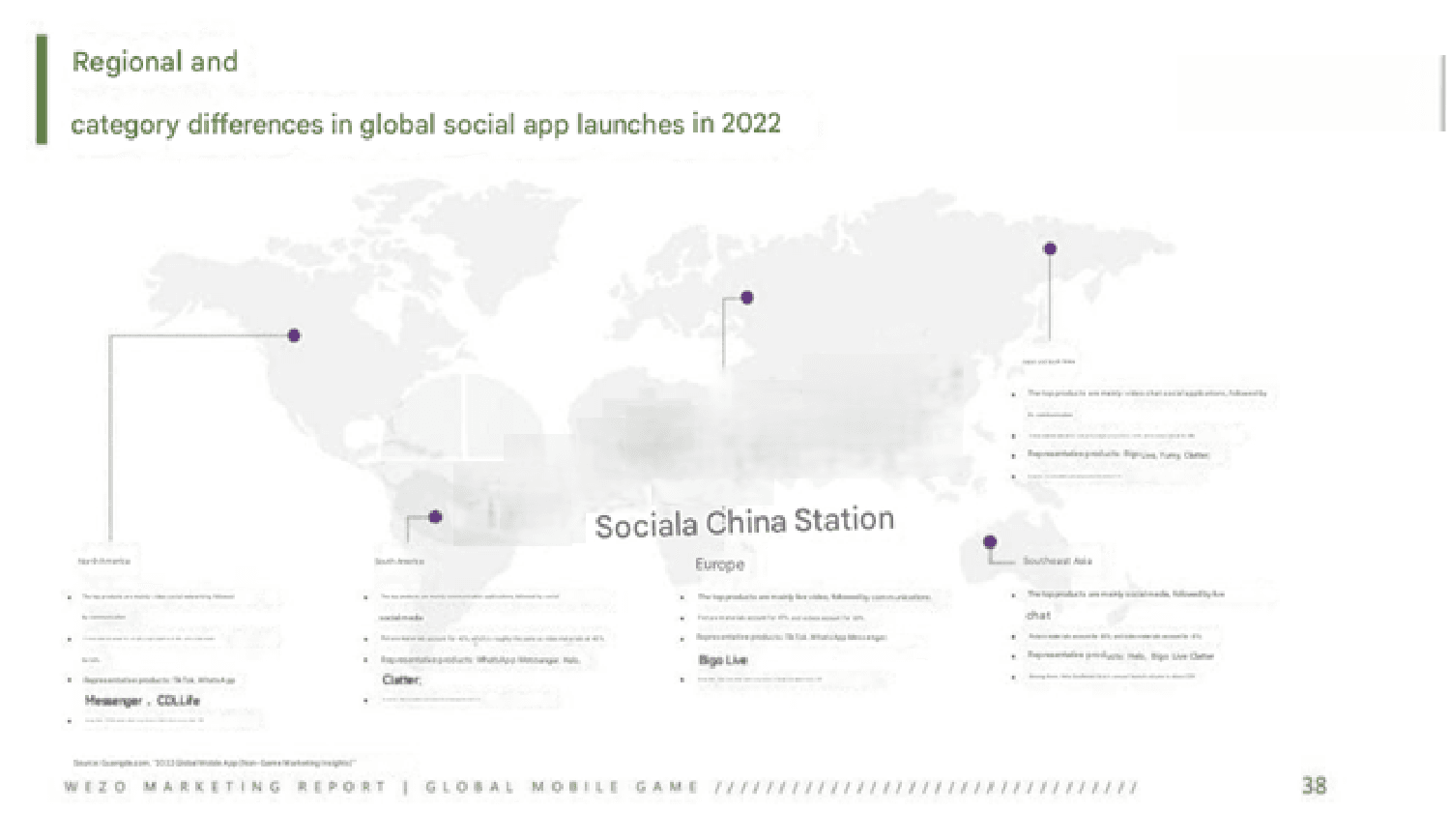
Frequently Asked Questions
How does carrier billing work on BIGO Live? It charges Diamond purchases directly to your mobile bills through secure APIs. Operators verify your account status and process payments that appear as premium services on bills – similar to app store purchases you might already be familiar with.
What countries support BIGO Live carrier billing? Available in 60+ countries including US, UK, Germany, France, Canada, Australia, Japan, South Korea. Availability varies by specific operators and local regulations though.
Are there extra fees for using carrier billing? Yes – operator fees range 15-40% plus taxes, service charges, and conversion fees. That $10 purchase typically becomes $12-14 total.
Is carrier billing safer than credit cards? It offers mobile network authentication and SIM verification, reducing credential theft risk. But you get limited chargeback protection compared to credit cards.
Can I get refunds for carrier billing purchases? BIGO Live maintains a strict no-refund policy except for documented unauthorized transactions. Disputes require resolution through both carrier and BIGO Live support.
Why isn’t my carrier billing working? Common causes include insufficient balance, exceeded spending limits, carrier restrictions, or connectivity issues. Verify your account status, check your connection, update the app, or contact carrier and BIGO Live support for help.















